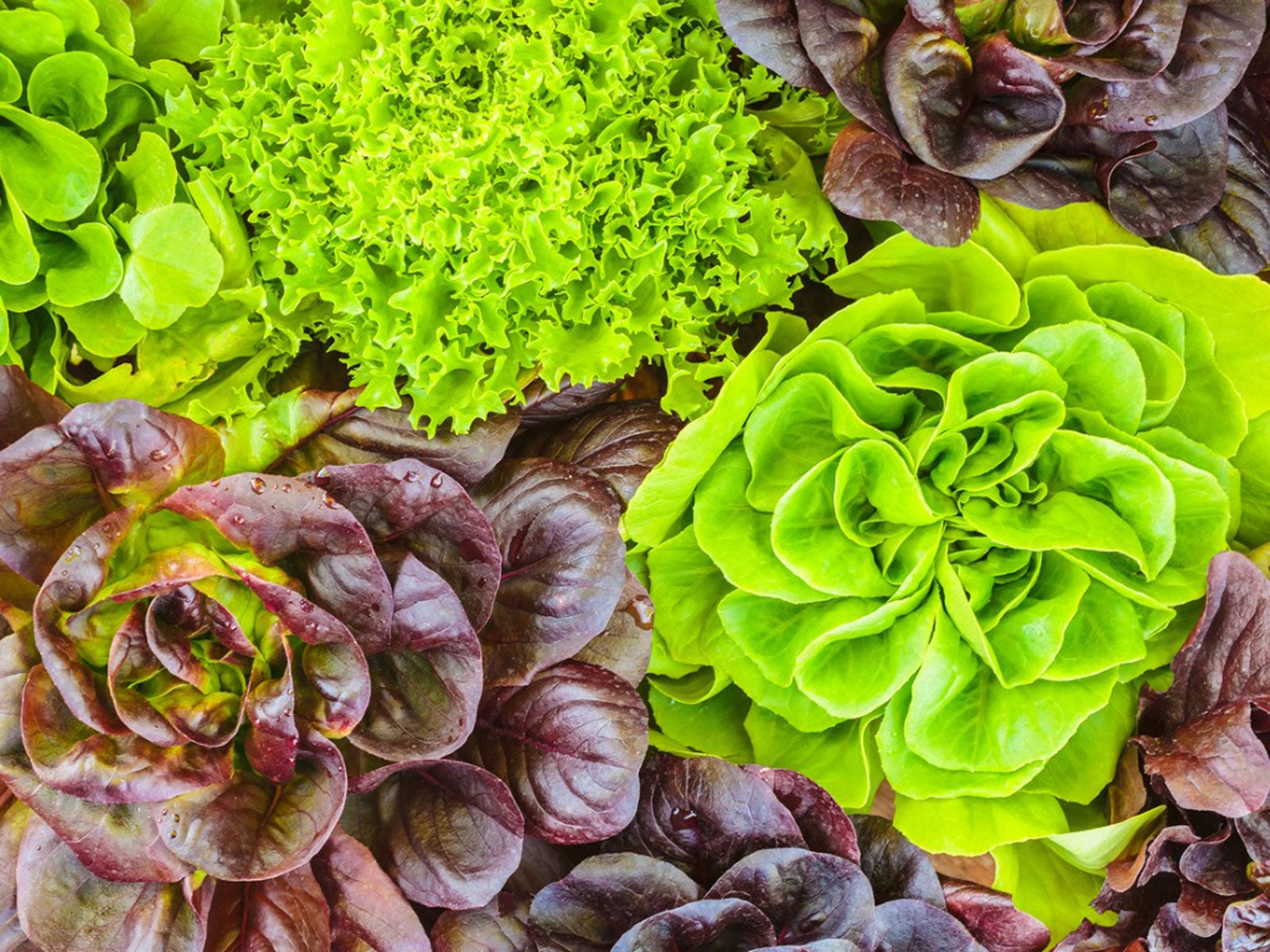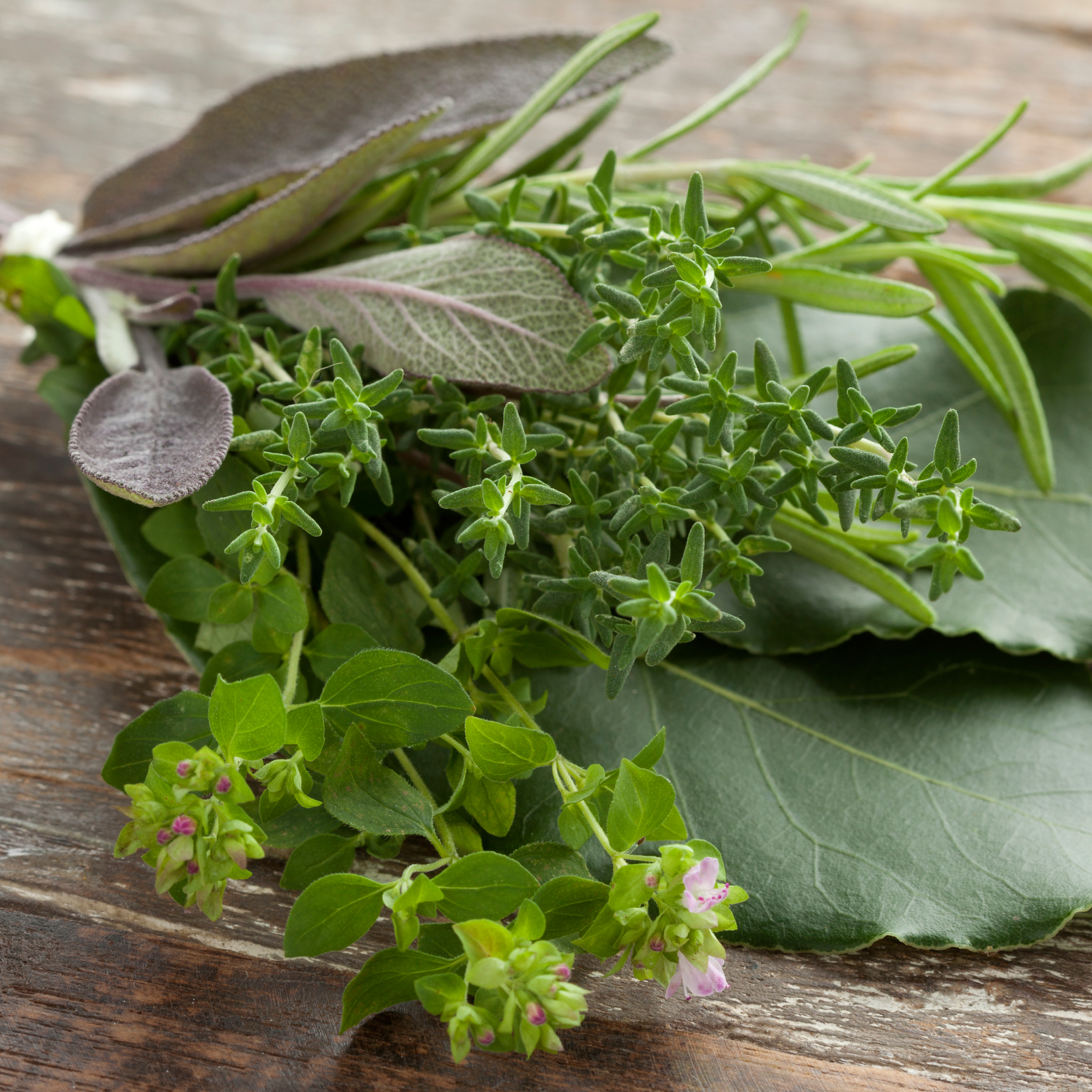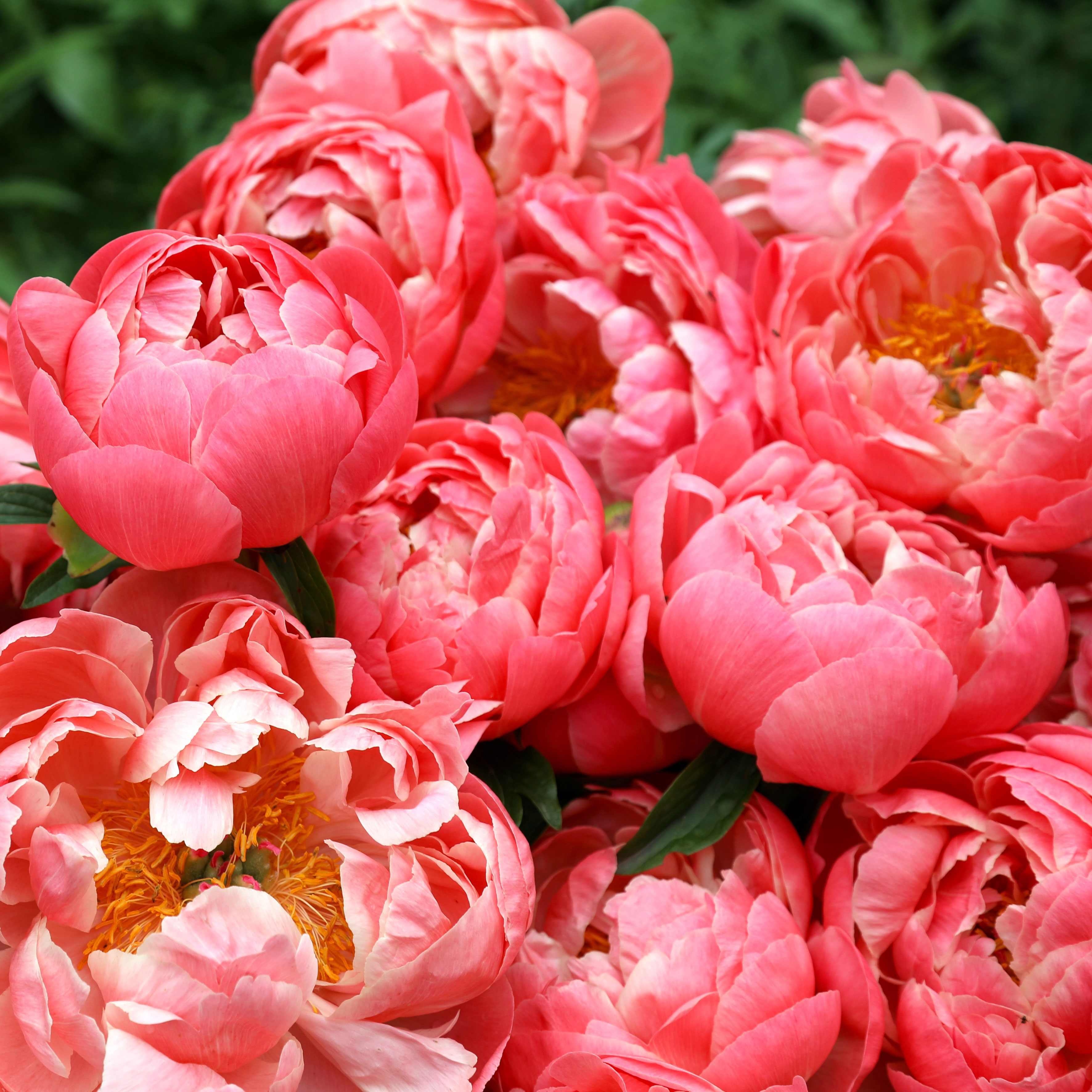Different Lettuce Types: Varieties Of Lettuce For The Garden

There are five groups of lettuce categorized by head formation or leaf type. Each of these lettuce varieties offers a unique flavor and texture, and growing different types of lettuce will be a surefire way to generate interest in eating a healthy diet. Let's learn more about the different lettuce types.
Lettuce Types for the Garden
The five varieties of lettuce that can be grown in the garden include the following:
Crisphead or Iceberg
Crisphead lettuce, more commonly known as iceberg, has a tight head of crisp leaves. Often found in the local salad bar and a virtual staple in the delicious BLT, it's actually one of the more difficult lettuce varieties to grow. This lettuce variety is not fond of hot summer temps or water stress and may rot from the inside out. Start iceberg lettuce via seed directly sown 18-24 inches (45.5-61 cm.) apart or started indoors and then thinned 12-14 inches (30.5-35.5 cm.) between heads. Some iceberg lettuce varieties include Ballade, Crispino, Ithaca, Legacy, Mission, Salinas, Summertime, and Sun Devil, all of which mature in 70-80 days.
Summer Crisp, French Crisp or Batavian
Somewhat between the lettuce types Crisphead and Looseleaf, Summer Crisp is a large lettuce variety resistant to bolting with great flavor. It has thick, crisp outer leaves which can be harvested as a looseleaf until the head forms, while the heart is sweet, juicy, and a bit nutty. Different types of lettuce for this variety are Jack Ice, Oscarde, Reine des Glaces, Anuenue, Loma, Magenta, Nevada, and Roger, all of which mature within 55-60 days.
Butterhead, Boston or Bibb
One of the more delicate varieties of lettuce, Butterhead is creamy to light green on the inside and loose, soft, and ruffled green on the exterior. These different types of lettuce may be harvested by removing the entire head or just the outside leaves and are easier to grow than the Crispheads, being more tolerant of conditions. Less likely to bolt and rarely bitter, the Butterhead lettuce varieties mature in about 55-75 days spaced similarly to the Crispheads. These varieties of lettuce include: Blushed Butter Oak, Buttercrunch, Carmona, Divina, Emerald Oak, Flashy Butter Oak, Kweik, Pirat, Sanguine Ameliore, Summer Bib, Tom Thumb, Victoria, and Yugoslavian Red and are extremely popular in Europe.
Romaine or Cos
Romaine varieties are typically 8-10 inches (20.5-25.5 cm.) tall and upright growing with spoon-shaped, tightly folded leaves, and thick ribs. Coloration is medium-green on the exterior to greenish-white inside with the outer leaves sometimes being tough whilst the interior foliage is tender with wonderful crunch and sweetness. ‘Romaine' comes from the word Roman while ‘Cos' is derived from the Greek island of Kos. Some different types of this lettuce are Brown Golding, Chaos Mix II black, Chaos Mix II white, Devil's Tongue, Dark Green Romaine, De Morges Braun, Hyper Red Rumple, Little Leprechaun, Mixed Chaos black, Mixed Chaos white, Nova F3, Nova F4 black, Nova F4 white, Paris Island Cos, Valmaine, and Winter Density, all of which mature within around 70 days.
Looseleaf, Leaf, Cutting or Bunching
Last but not least is one of the easiest types of lettuce to grow -- the Looseleaf varieties of lettuce, which form no head or heart. Harvest these varieties either whole or by the leaf as they mature. Plant at weekly intervals starting in early April and again mid-August. Thin Looseleaf lettuce to 4-6 inches (10-15 cm.) apart. Looseleaf varieties are slow bolting and heat resistant. A wide variety of colors and shapes guaranteed to stimulate the sight and the palate are available in the following lettuce varieties: Austrian Greenleaf, Bijou, Black Seeded Simpson, Bronze Leaf, Brunia, Cracoviensis, Fine Frilled, Gold Rush, Green Ice, New Red Fire, Oakleaf, Perilla Green, Perilla Red, Merlot, Merveille De Mai, Red Sails, Ruby, Salad Bowl, and Simpson Elite, which will all mature within a 40-45 day time period.
Gardening tips, videos, info and more delivered right to your inbox!
Sign up for the Gardening Know How newsletter today and receive a free copy of our e-book "How to Grow Delicious Tomatoes".

Amy Grant has been gardening for 30 years and writing for 15. A professional chef and caterer, Amy's area of expertise is culinary gardening.
-
 How To Make A Bouquet Garni Or Herb Bundle For Cooking
How To Make A Bouquet Garni Or Herb Bundle For CookingIf you’re a great cook, you may have made an herb bundle before. If this is a new idea, learn how to add sparkle and interest to your dish with a bouquet garni.
By Amy Grant
-
 ‘Coral Charm’ Peony Care For Sublime Semi-Double Peonies With Lush Salmon Pink Flowers
‘Coral Charm’ Peony Care For Sublime Semi-Double Peonies With Lush Salmon Pink FlowersPeonies are known for their soft baby pink or magenta tones, but if plushy coral blooms are your thing, here’s our guide to the ultimate ‘Coral Charm’ peony care
By Tonya Barnett